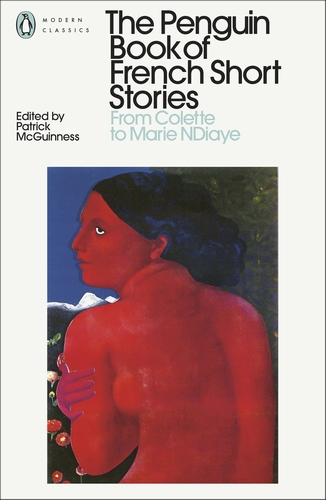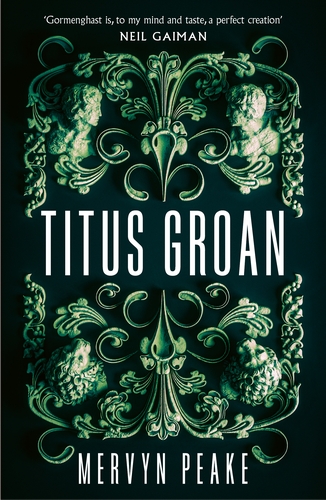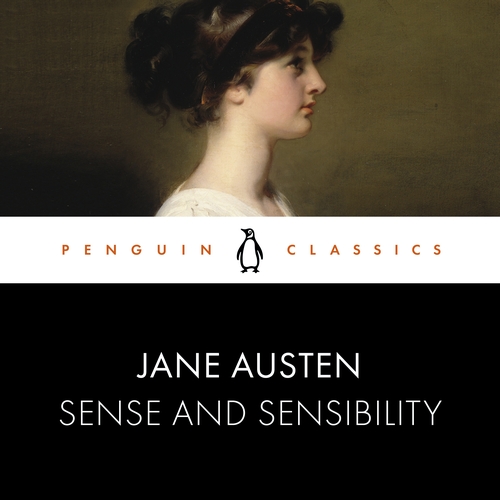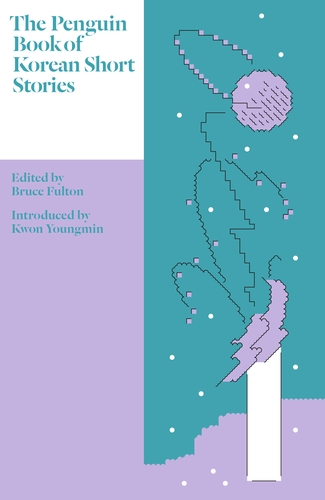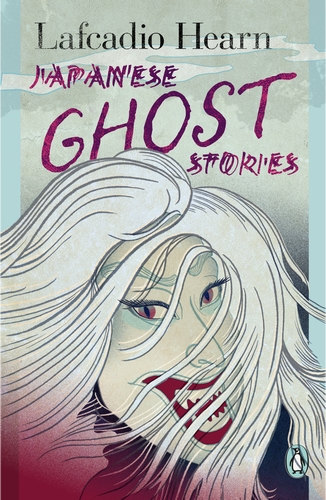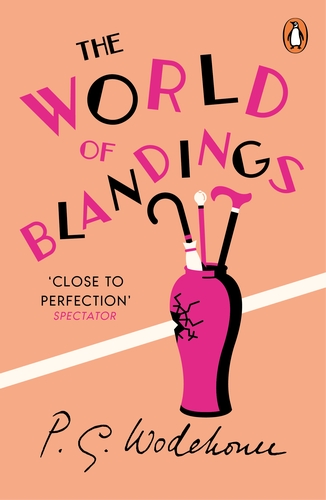Author:Diana Gabaldon

THE THIRD NOVEL IN THE BESTSELLING OUTLANDER SERIES, NOW A HIT TV SHOW
Jamie Fraser is lying on the battlefield of Culloden, where he rises wounded, to face execution or imprisonment. Either prospect pales beside the pain of loss - his wife is gone. Forever.
But sometimes forever is shorter than one thinks. In 1746, Claire Fraser made a perilous journey through time, leaving her young husband to die at Culloden, in order to protect their unborn child. In 1968, Claire has just been struck through the heart, discovering that Jamie Fraser didn't die in battle.
But where is Jamie now? With the help of her grown daughter, Claire sets out to find the man who was her life - and might be once again.
Compulsively readable... triumphant... a superior writer of histoical romance.
—— Publishers WeeklyWonderful – subtle and atmospheric. Foulds's prose frequently verges on poetry – with its intensity and neat turn of phrase … impressive.
—— Frances Perraudin , ObserverAdam Foulds writes like an angel about devilish things... The supple, sensuous beauty of his prose is bewitching… The pace and tension of a political thriller… Superb novel.
—— Rebecca Abrams , Financial TimesPowerful and persuasive… As admirable as it is disturbing.
—— Allan Massie , ScotsmanAdam Foulds is a young British novelist of striking talent and eclecticism. His style is first-rate, combining precision with a rich poetic imagination. He is able to do more with language, and at greater depth, than most other British novelists of his generation.
—— Andrew Holgate , Sunday TimesThe pellucid elegance of Foulds’s fictional voice is entirely his own. He conjures with exhilarating assurance the sense of a postwar collapse of order so complete as to be almost voluptuous.
—— Jane Shilling , ProspectAmbitious and diffuse... Foulds is a master of concision and clarity, and his prose is "poetic" in the best sense: never florid or rambling, each short sentence weighed and parcelled out.
—— Tom Gatti , New StatesmanThe bleakness of Foulds’s message…is not reflected in the richness of the prose or characterisation of this deep, dark, demanding tale.
—— Lesley McDowell , Independent on Sunday[Foulds] matches his flair for rhythm with a skilful ownership of both his prose and a complex narrative. All delivered with a minimalist restraint.
—— Will Dean , IndependentThere's much to admire in this novel. Foulds has a searching eye for detail and an apparently helpless compulsion to wring imagery from his subject.
—— Tim Martin , Daily TelegraphFoulds’s writing invites...returning to consider each layer of the composition...there is a prismatic quality to the language which allows various levels of interpretation to be separated out and refined.
—— Thea Lenarduzzi , Times Literary SupplementWonderfully enticing.
—— Lucian Robinson , Literary ReviewIndividual scenes are often gripping, shocking or moving.
—— John Harding , Daily MailThe bloody horrors of conflict are captured with visceral aplomb in this fine, minimalist novel.
—— iSome of the most vividly evoked battle scenes I've read – he doesn't shy away from taking risks … chilling and touching all at the same time.
—— John Preston , Evening StandardFoulds has the literary intelligence to turn the commonplace on its head.
—— Alberto Manguel , GuardianA high-class thriller … Foulds has a literary novelist's feel for [Sicily's] harsh beauty.
—— Mail on SundayFoulds’ prose is superb… It reads like Catch-22 written by Evelyn Waugh.
—— Good Book GuideIt’s an ambitious book and the writer relates his story with poetic precision
—— i (The paper for today)Told in a language that is both lyrical and stark The Tusk that Did the Damage should win Tania James praise and laurels from those readers who long for a more penetrating look at environmental issues and the moral questions which accompany them’.
—— Joe Phelan , Bookmunch